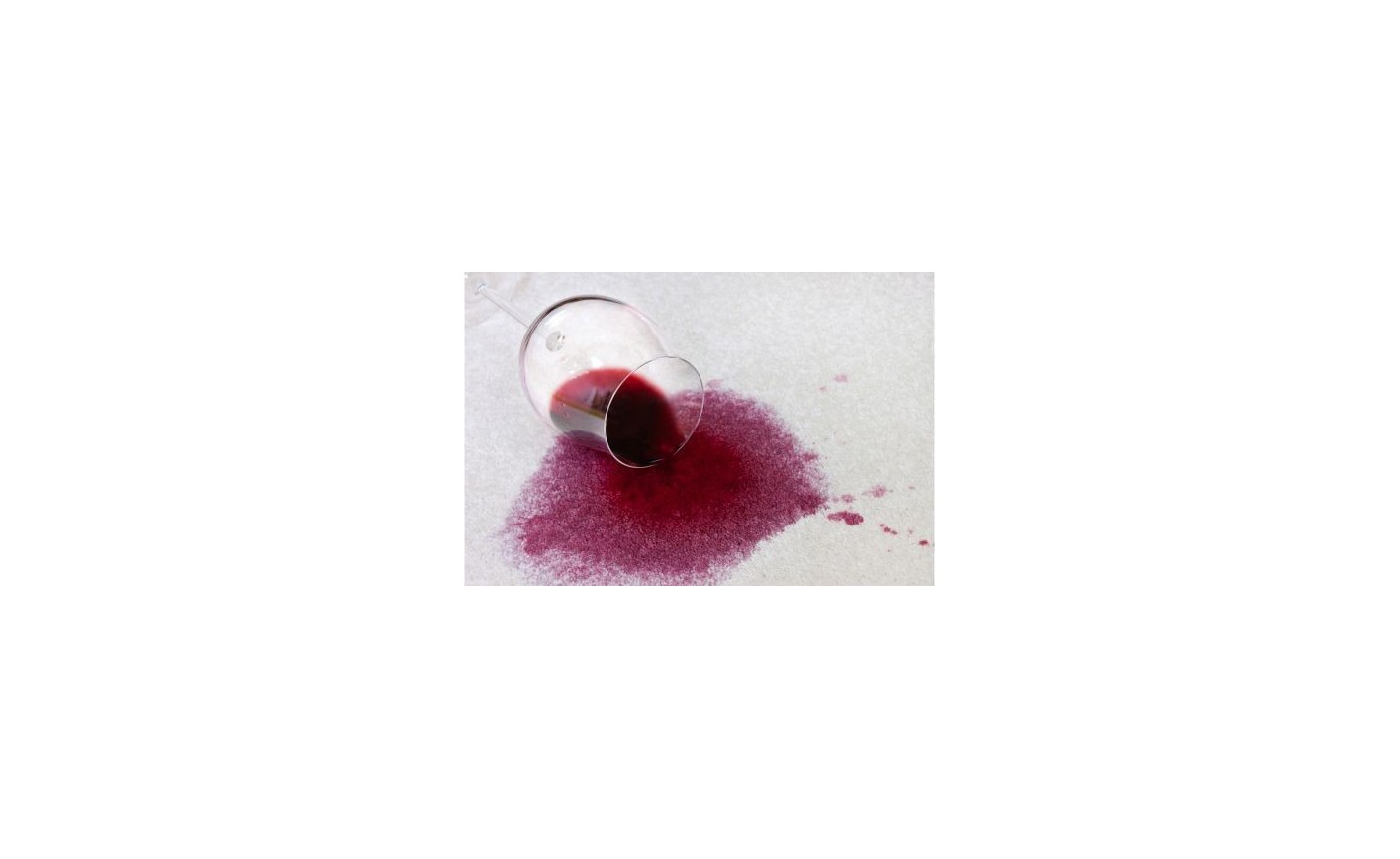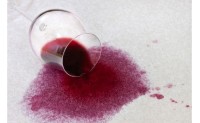HOW TO REMOVE WINE STAINS
08/20/2024 12:18:07
Home

Removing wine stains can be challenging, but several methods are effective for different surfaces. Here’s a guide to help you remove wine stains from clothing, carpets, and other materials:
1. Act Quickly
- Blot the Stain: Use a clean cloth or paper towel to blot up as much of the wine as possible. Avoid rubbing, as this can spread the stain.
2. For Clothing
- Salt: Sprinkle salt generously over the stain. The salt will absorb the wine. Let it sit for a few minutes, then shake off the salt and wash the garment as usual.
- Club Soda or Sparkling Water: Pour club soda or sparkling water over the stain. The carbonation can help lift the wine from the fabric. Then wash the item as usual.
- Vinegar and Dish Soap: Mix equal parts white vinegar and liquid dish soap. Apply this mixture to the stain and gently rub it in. Rinse with cool water and then wash the garment.
- Milk: Soak the stained garment in milk for a few hours. After soaking, rinse and wash as normal.

3. For Carpets and Upholstery
- Baking Soda: Create a paste with baking soda and water, apply it to the stain, and let it dry. Once it’s dry, vacuum or brush away the residue.
- Dish Soap and Vinegar: Mix one tablespoon of dish soap, one tablespoon of white vinegar, and two cups of warm water. Apply the mixture to the stain with a clean cloth and gently blot. Then, blot with a dry cloth.
4. For Hard Surfaces
- Hydrogen Peroxide and Dish Soap: Mix equal parts hydrogen peroxide and dish soap. Apply this mixture to the stain, let it sit for a few minutes, then wipe it away with a damp cloth.
- Rubbing Alcohol: Apply a small amount of rubbing alcohol to the stain and gently rub with a cloth.

5. Final Wash
- Machine Wash: After treating the stain, wash the fabric in cold water to ensure the stain is fully removed.
6. Commercial Stain Removers
- There are commercial stain removers specifically designed for wine stains. Follow the instructions on the product for the best results.
_1.png)
Always test any stain removal method on a small, inconspicuous area first to ensure it doesn’t damage the material.


